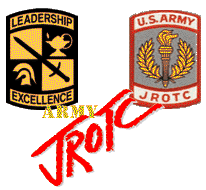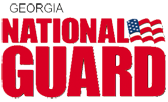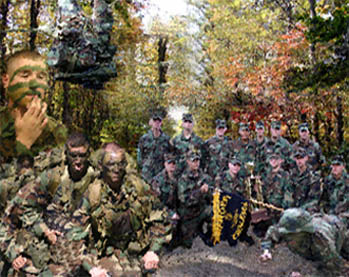
RAIDER CHALLENGE
CHAMPIONSHIPS
Firepit/Fire/Lantern Safety

Official Local Sponsor
of the Raider Nationals!
Official Sponsor:  |
U.S. ARMY NATIONAL RAIDER CHALLENGE CHAMPIONSHIPS Firepit/Fire/Lantern Safety |
Official Supporter:  Official Local Sponsor of the Raider Nationals! |

|
FIREPIT SAFETY Raider competitors have a great time experiencing the crackling of a campfire late in the evening. Camping is a huge positive experience for those attending the Raider Nationals and the cadets frankly have a great time sitting around the campfire eating and talking! The Lawhorn Scouting Base will make the call roughly one week prior on any fire restrictions that may be put in place due to dry conditions, etc.. With today's modern fabrics to keep one warm at night, camp firepits are NOT designed to keep anyone warm at night - your school should ensure they bring bedding, blankets, sleeping bags and other items to provide adequate warmth and NOT depend on any sort of fire to do this essential task. For those schools deciding to use the firepit, there are essentially three things dependent on safe care for any outdoor fire; 1)a safe place, 2)a safe size and 3)proper extinguishing of the fire after use. Additionally, once the fire is built, it is against the law in Georgia to leave it unattended for any reason and for any amount of time! First, fires may ONLY be built in the designated campsite firepits. Ensure your firepit is clear of overhanging trees, shrubbery or structures. The fire pit should be a safe distance from any tents or other materials that could ignite easily. Clear all ground debris down to the dirt in a ten to twelve foot circle where the fire is going to be built.
The size of the campfire is very important. DO NOT build a blazing bon-fires - the camp firepit areas are not designed for this. Small fires are safer and use fewer resources. Besides that, a small fire encourages the camaraderie and closeness around the fire after dark. Large fires are dangerous and can easily get out of control. Build the fire for what you need. If a cooking fire is being built, don't burn your trash on the fire before cooking. This prevents your food from tasting like the garbage that you burned. Ensure a smaller fire is used if it is windy. An adult instructor MUST be on-hand to supervide the firepit AT ALL TIMES when camp fires are burning or being ignited. Also ensure everyone looks out for any small children that may be attending with your group as they can easily get too close to a fire without even knowing it. Make sure everyone knows how to put out a clothing fire - STOP, DROP and ROLL. Keep a fire extinguisher, shovel, and a large container of water available (close to the fire) at all times. Store extra firewood at least 6 feet away from the burning fire. Never freshen a dying fire with a liquid starter. Explosions can result. After use, the fire must be properly extinguished. The proper way to extinguish a fire is by using plenty of water and a shovel or stick to turn the coals and dirt. Sprinkling water is more effective than pouring because of the cooling effect and coverage given by the sprinkled water. Rake and turn the coals into the surrounding soil and feel for heat with your hands. When it is cool, you are done! Constant vigilance is the key to enjoying a fire while in the outdoors. If you let the flames roar high, those roaring flames create a real danger. When it is time to crawl into that sleeping bag, or head off to your camper, be sure the coals are out cold. Building fires too high and improperly extinguishing campfires are two of the leading causes of forest fires in our wilderness today. Take care of it, and your campfire will provide comfort, security and lift friendships to new levels.
|


|
 Main SNI Military Page
All rights reserved. Any and all duplication, publication or |